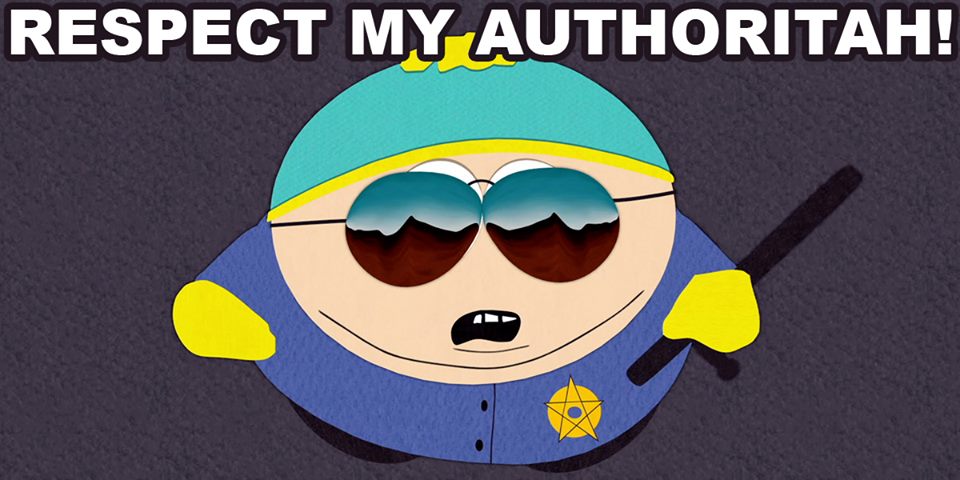Hello board,
I am an undergraduate student who is currently open minded (as I should be) in regards to specialties to pursue in medicine (including psychiatry, which is why I come to you today). The question I am presenting to you has more to do with my own general curiosity than anything. To put it simply, have any of your aspiring or currently practicing psychiatrists received any sort of lack of respect or stigmatization from people who have learned of your career/prospective career in psychiatry? Have you come across any "Oh, you have to go to medical school to become a psychiatrist?" or experienced less "respect" than you would expect someone who is going into, say, family medicine, would receive?
I am aware that this "doesn't matter", and that we should do what we love, and I completely agree with this notion. However, I can't help but be curious about this.
Thank you in advance for your contributions to this thread!
I am an undergraduate student who is currently open minded (as I should be) in regards to specialties to pursue in medicine (including psychiatry, which is why I come to you today). The question I am presenting to you has more to do with my own general curiosity than anything. To put it simply, have any of your aspiring or currently practicing psychiatrists received any sort of lack of respect or stigmatization from people who have learned of your career/prospective career in psychiatry? Have you come across any "Oh, you have to go to medical school to become a psychiatrist?" or experienced less "respect" than you would expect someone who is going into, say, family medicine, would receive?
I am aware that this "doesn't matter", and that we should do what we love, and I completely agree with this notion. However, I can't help but be curious about this.
Thank you in advance for your contributions to this thread!



